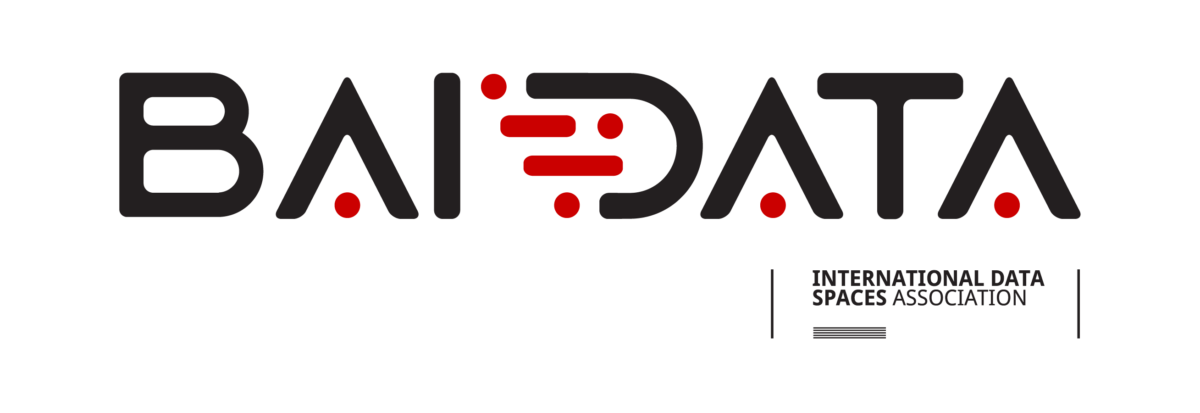The COVID crisis has presented industries from all sectors with their own unique challenges. But the automobile industry has been hit particularly hard. First, demand plummeted amid lockdown after lockdown. And when demand bounced back, there were severe short-term shortages of parts and components—most notably, semiconductors.
All industry partners integrated
The situation was a wake-up call for the industry. “It sent a clear message to us to stick together in the things that make us more resilient,” says Oliver Ganser. The challenges prompted the European automotive industry to step up its efforts to collaborate better across the value chain.
In order to weather situations like the current one, he believes there can be no BMW solution or VW or Mercedes solution but only an industry solution. All industry partners, from suppliers to recycling providers to OEMs, need to be better integrated. The key to such integration in the digital economy is equal access to data. Only through improved data exchange by all industry players, supply chains can be made more robust.
The efforts to achieve such seamless data sharing have led to the rapid growth of Catena-X, the successor organization to the former Automotive Alliance. Catena-X is a new data-sharing network among players at all levels of the automotive industry, based on IDS technology and the data infrastructure Gaia-X. “This is a fully collaborative approach. It’s not you against me,” says Hagen Heubach, Global Vice President Industry Business Unit Automotive at SAP, one of the technology partners of Catena-X. “It’s putting Europe first and it’s putting the industry first. And every company will benefit.”
A major driver for innovation
With the IDS standard as the essential infrastructure basis, Catena-X will be an extensible ecosystem in which all participants retain full sovereignty over their data. These ecosystems provide a degree of access, security, and control for participants that have the potential to become a major driver of innovation in the new data economy.
For the automotive industry, with its complex supply chain and distribution structure, as well as the major transformations it faces in the coming years, data infrastructure is crucial. “There are pressing topics on the table, to which we need to find answers,” says Heubach.
No single player in the industry is in a position to find these answers on their own. Facing the challenges of the automotive industry requires, as Ganser says, “we need a shared burden approach with as many partners as possible.”
The goal, according to Ganser, is to create the “first data-driven value chain as an industry platform.” In the future, VW and BMW, Siemens and SAP, small and medium-size suppliers, and service providers will participate as equal partners in an industrywide platform that will enable sustainability, streamline supply and improve the customer experience. Ultimately it will put the European automotive industry in a strong position to compete with Asian and American competitors.
The Eclipse Dataspace Connector
A crucial step forward for Catena-X has been the adoption of the Eclipse Dataspace Connector, which links enterprises from all domains to virtual data spaces. In the Catena-X data space the participants that might be data providers, data users and intermediaries will leverage all different technological components that allow cross-company data sharing while adhering to European data sovereignty principles. One of the most important technical components of such a data space is the IDS connector, which links the individual participants and provides the endpoint for data sharing.
As Stefan Ertl from the BMW group describes it: “the Eclipse Connector is an open, vendor-neutral technology that enables sovereign data sharing in a multi-cloud environment.” This solution will allow companies to use their existing technology while participating in multiple data spaces. With the Dataspace Connector, a good baseline has been developed to apply the IDS concepts in use cases and make them suitable for the industry.
And the project shows a lot more: This is the first time that is an extensible, portable, platform-independent multi-cloud framework that supports the IDS standard, as well as relevant protocols associated with the GAIA-X project, is created and put to the real-life test. The project has the potential to be the place for more projects around IDS and GAIA-X in the future.
SMEs participate in a network on an equal level
A particular focus in building Catena-X and the Eclipse Dataspace Connector has been the integration of small- and medium-sized enterprises. Catena-X allows them to share data and participate in the network on an equal level with major industry players.
This is also why Catena-X has been conceived from the outset as an open network with solutions ready for SMEs, where these companies will be able to participate quickly and with little IT infrastructure investment. “As a mid-size enterprise, you don’t have the means or the time to set up an IDS or a connector on your own. They should be able to plug in a switch and say, now I’m part of the network,“ says Heubach.
To this end, Catena-X is looking to provide solutions for small- and medium-size firms within months. This reflects the urgency to make Catena-X a reality for the European auto industry. And the members see themselves well on the way. “We are fully ready to execute,” says Heubach. The first industrywide collaboration across the entire value chain is becoming a reality very rapidly. It stands to become a true model for the digital economy of the future.






